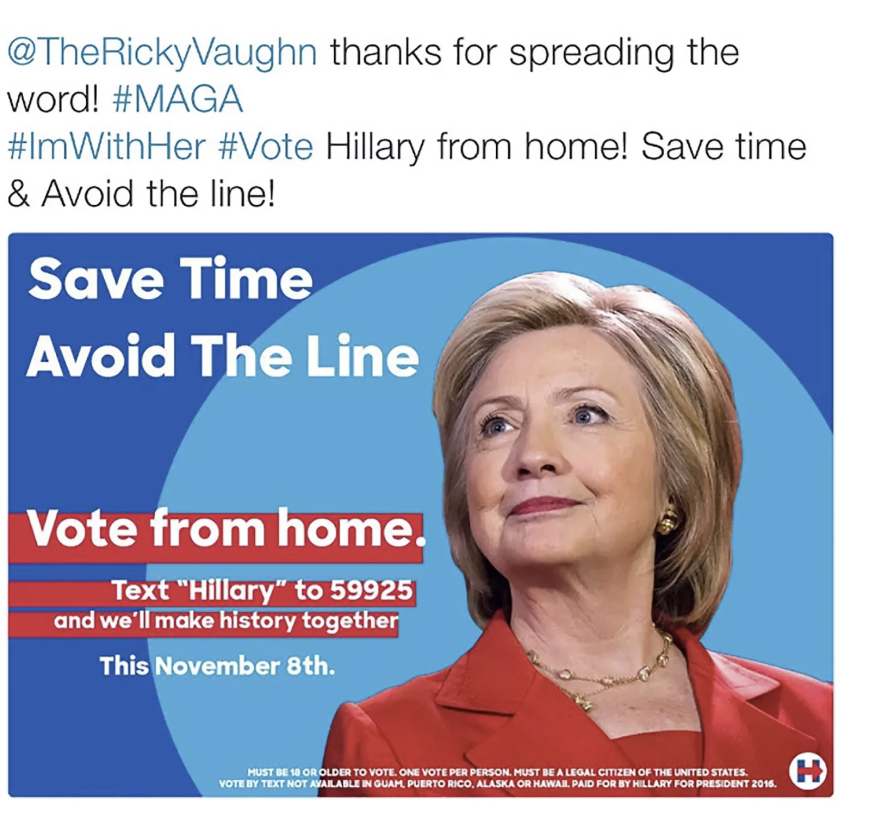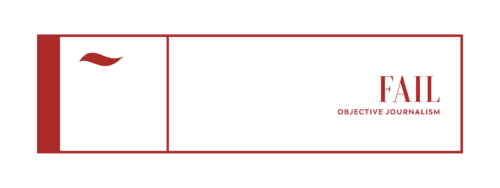News
BREAKING: Is Expressing Your Political Opinion Now a Crime? It was for this guy who posted Hillary Memes!

In a controversial decision today, United States District Judge Ann M. Donnelly sentenced Douglass Mackey, also known as “Ricky Vaughn,” to 7 months in prison for his alleged role in a conspiracy to interfere with potential voters’ right to vote in the 2016 election for the Office of the President of the United States. Mackey had previously been convicted of the charge of Conspiracy Against Rights at trial by a federal jury in Brooklyn, a decision that shook the conservative community. His conviction came in March 2023 after a three-week trial.
“One of the foundational rights we hold as Americans, a right that many fought so hard to obtain, is the right to vote. The defendant weaponized disinformation in a dangerous scheme to stop targeted groups, including black and brown people and women, from participating in our democracy,” stated United States Attorney Breon Peace. “This groundbreaking prosecution demonstrates our commitment to prosecuting those who commit crimes that threaten our democracy and seek to deprive people of their constitutional right to vote.”
While the government portrays Mackey’s actions as a threat to democracy, some conservatives argue that this case raises important questions about the boundaries of free speech and the right to express one’s political opinions.
As proven at trial, Mackey had amassed an audience on Twitter with approximately 58,000 followers by 2016. The MIT Media Lab even recognized him as one of the most significant influencers in the lead-up to the presidential election. It was during this time that Mackey was accused of conspiring with other influential Twitter users and private online groups to disseminate messages that encouraged supporters of presidential candidate Hillary Clinton to “vote” via text message or social media, a practice deemed legally invalid.
One example presented in the trial includes a tweet by Mackey that depicted an African American woman in front of an “African Americans for Hillary” sign, urging people to “Vote from Home” by texting “Hillary” to 59925. The fine print clarified that one must be 18 or older, a legal citizen of the United States, and that voting by text was not available in certain regions. The tweet included the hashtag “ImWithHer,” a slogan associated with Hillary Clinton. Thousands of unique telephone numbers texted “Hillary” to the 59925 number after Mackey’s tweet, which had previously been used in various campaign images tweeted by him and his co-conspirators.
Several hours later, Mackey tweeted an image in Spanish, mimicking fonts used by the Clinton campaign, and included the Clinton campaign’s logo and the “ImWithHer” hashtag. While these actions were certainly controversial, some conservatives argue that it raises a broader question: is this criminal behavior, or is it a form of free expression that should be protected?
In a country built on the principles of free speech and political discourse, Mackey’s case serves as a contentious example of the thin line between criminal activity and political activism. It’s a debate that continues to divide the nation along ideological lines, with many conservatives expressing concerns that this prosecution may set a dangerous precedent for limiting the right to free speech in the political arena.
In the end, the “Ricky Vaughn” case prompts us to consider where we should draw the line between protected speech and criminal behavior, and what role social media platforms and the legal system should play in regulating political discourse. The implications of this case will likely reverberate for years to come.
